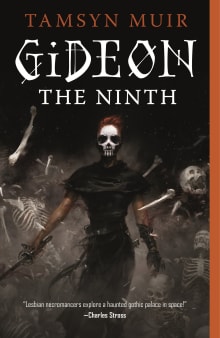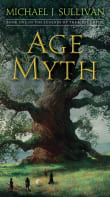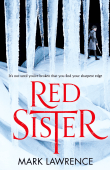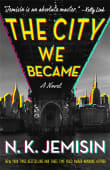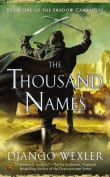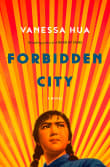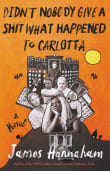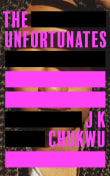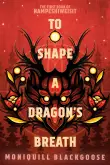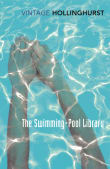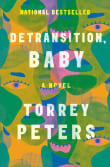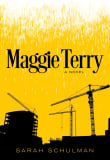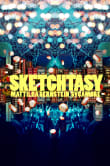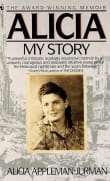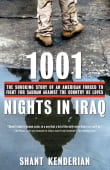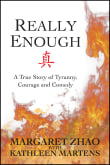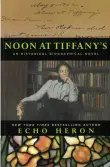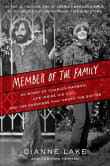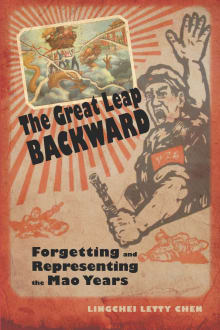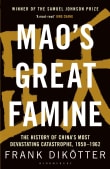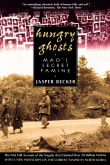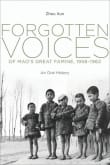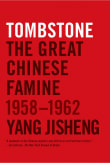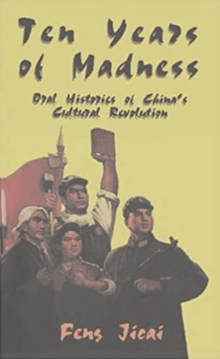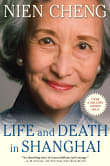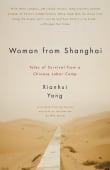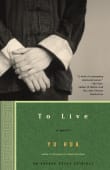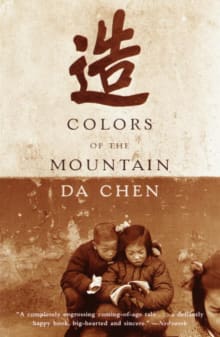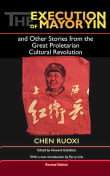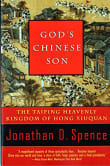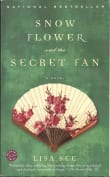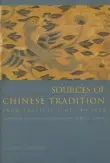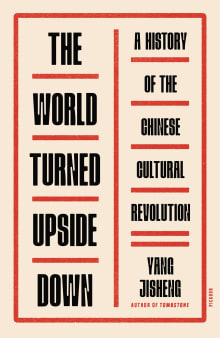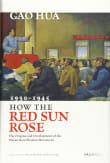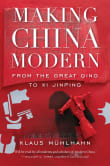
From my list on complex storylines and bad-ass female characters.
Why am I passionate about this?
Ross and I have backgrounds in academia, in the finest liberal arts tradition. Although we are currently in the fields of Information technology and public health, between us we have read extensively in military history, sociology, economics, feminist theory, Buddhist philosophy, mythology and all manner of fantasy fiction. This list of books reflects our favorites, in large part because of their focus on character and historical world-building. We are always eager to share our favorite fantasy fiction with other readers who love deeply complicated stories with unforgettable characters.
Ross' book list on complex storylines and bad-ass female characters

Why did Ross love this book?
With a cover like a Halloween fever dream, I expected a lot of otherworldly gothic creepiness, which this book delivered. What I didn’t expect was Gideon, an unforgettable character whose unapologetic frankness is like a shot of whisky in what could otherwise be an overwrought space opera. It’s a bit of stretch to call this historical fantasy, but I love that the world-building implies a complex backstory both for the characters and their world. Which sets up a wonderfully weird juxtaposition of ancient and modern. Set in a feudal world, inhabited by undead necromancer lieges and their cavalier servants, I kept thinking, “Did Gideon just say that *&^$ to her master?” Yes, she did. And I was there for every word.
24 authors picked Gideon the Ninth as one of their favorite books, and they share why you should read it.
15+ pages of new, original content, including a glossary of terms, in-universe writings, and more!
A USA Today Best-Selling Novel!
"Unlike anything I've ever read. " --V.E. Schwab
"Lesbian necromancers explore a haunted gothic palace in space!" --Charles Stross
"Brilliantly original, messy and weird straight through." --NPR
The Emperor needs necromancers.
The Ninth Necromancer needs a swordswoman.
Gideon has a sword, some dirty magazines, and no more time for undead nonsense.
Tamsyn Muir's Gideon the Ninth, first in The Locked Tomb Trilogy, unveils a solar system of swordplay, cut-throat politics, and lesbian necromancers. Her characters leap off the page, as…
